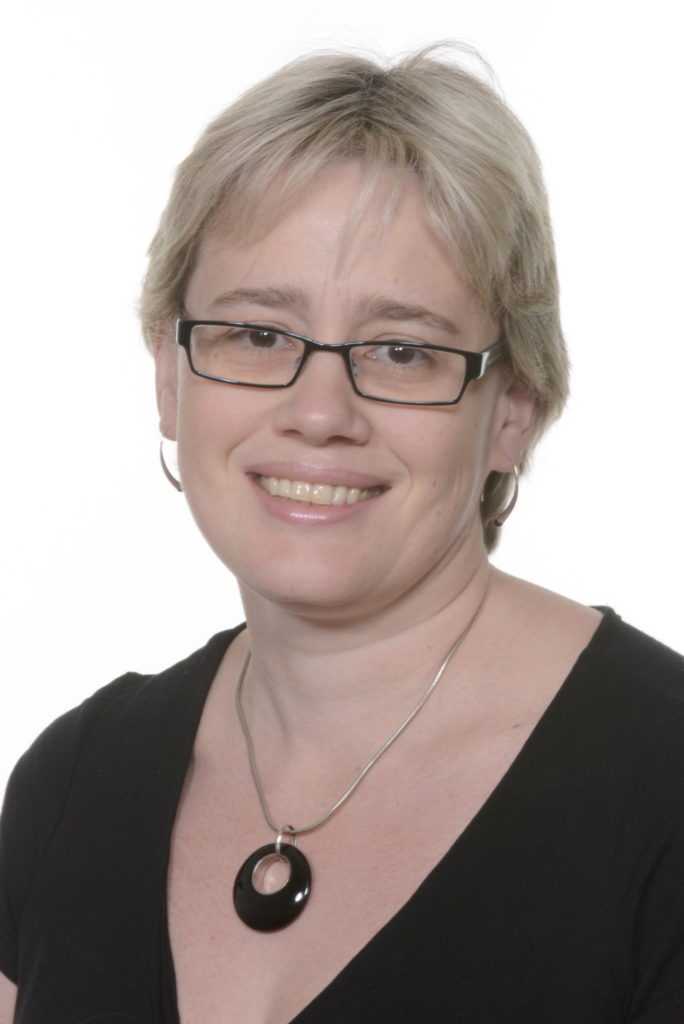Some 20,000 households across England are being contacted to take part in the first wave of a major new government study to track the COVID-19 coronavirus in the general population.

The study will help improve understanding around the current rate of infection and how many people are likely to have developed antibodies to the virus. Chief Investigator for the study is Sarah Walker, Professor of Medical Statistics and Epidemiology at the University of Oxford and the NIHR Oxford Biomedical Research Centre’s Co-theme Lead for Antimicrobial Resistance and Modernising Microbiology.
Participants in the study will form a representative sample of the entire UK population by age and geography. The results will help scientists and the government in the ongoing response to the coronavirus outbreak, with initial findings expected to be available in early May.
Led by the Department for Health and Social Care (DHSC) and the Office for National Statistics (ONS), the study draws on the world-leading scientific expertise of Prof Walker and her team, backed by the testing capabilities of data science company IQVIA UK and the National Biosample Centre in Milton Keynes.
The flagship study forms part of Pillar 4 of the government’s COVID-19 testing strategy, to conduct UK-wide surveillance testing to learn more about the spread of the disease and help inform the development of new tests and treatments. It will add to the population data already being collected through the national surveillance programme operated by Public Health England, which has been enhanced since the end of February.
Prof Walker said: “This is one of the largest and most important studies under way into the COVID-19 virus and will transform our understanding of the infection. The University of Oxford is delighted to be the study sponsor.”
“In this study we want to work out how many people of different ages across the UK have Covid-19 now and how many have had Covid-19 in the past. We do this by testing for the virus in the nose and throat of people and by measuring levels of antibody in the blood.
“We also want to find out how many people have Covid-19 over time – either with symptoms or without knowing they have the infection because they don’t have any symptoms. We want to do this in a group of people that reflects the population of the UK, so a range of ages and places where people live.”
Health Secretary Matt Hancock said: “Understanding more about the rate of COVID-19 infection in the general population, and the longer-term prevalence of antibodies, is a vital part of our ongoing response to this virus.
“This survey will help to track the current extent of transmission and infection in the UK, while also answering crucial questions about immunity as we continue to build up our understanding of this new virus.
“Together, these results will help us better understand the spread of the virus to date, predict the future trajectory and inform future action we take, including crucially the development of ground-breaking new tests and treatments.”
Participants will provide samples taken from self-administered nose and throat swabs and answer a few short questions during a home visit by a trained health worker. The swab tests will show whether or not participants currently have the virus. They will be asked to take further tests every week for the first five weeks, then every month for 12 months.
In total, 25,000 people will take part in the pilot phase of the survey, with plans to extend it to up to around 300,000 over the next 12 months.
Adults from around 1,000 households will also provide a blood sample taken by a trained nurse, phlebotomist or healthcare assistant. These tests will help determine what proportion of the population has developed antibodies to COVID-19. Participants will be asked to give further samples monthly for the next 12 months.
Swabs will be taken from all participating households, whether their members are reporting symptoms or not. Blood will not be taken in any households where someone has symptoms of COVID-19 or is currently self-isolating or shielding.
The trained study health workers will use all the recommended precautions to protect themselves and everyone in the household from getting the virus. Swab test results will be communicated back to participants by their GPs and confidentiality will be protected throughout the process.